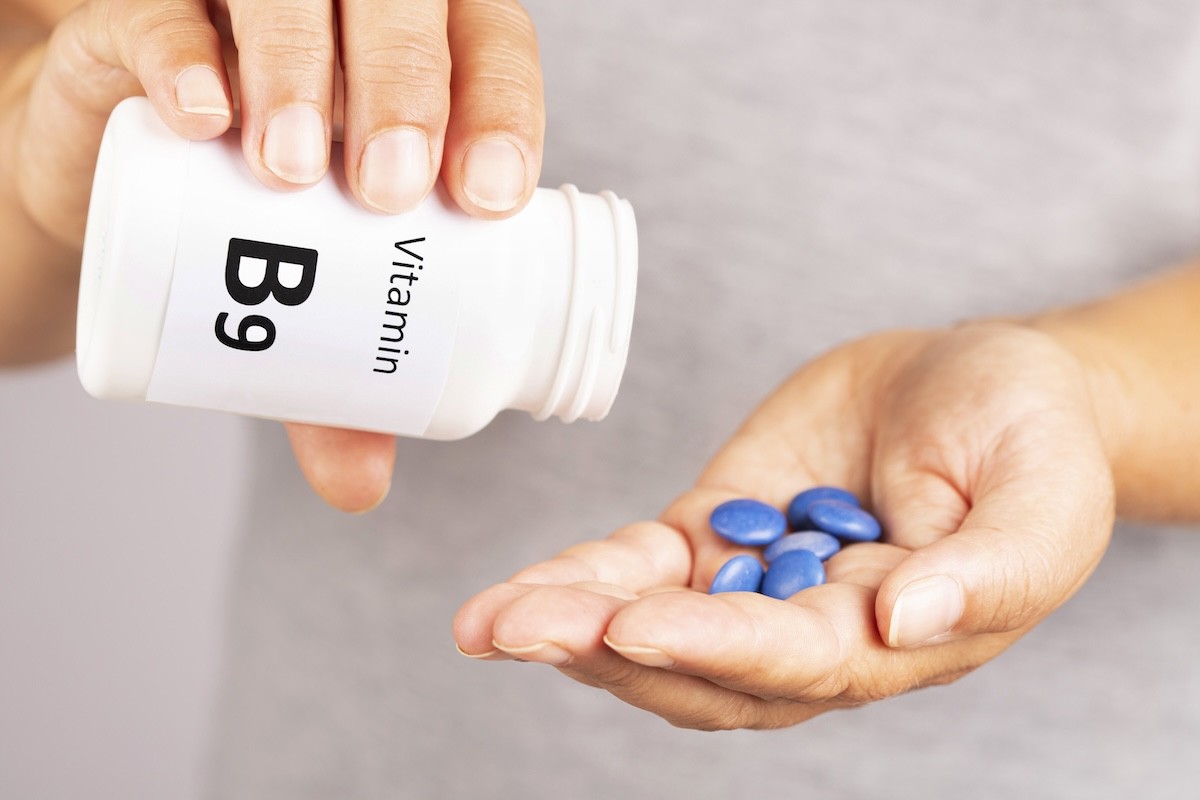These 3 Supplements Can Reduce Cardiovascular Risk, New Study Shows

Cardiovascular disease (CVD), including heart attack and stroke, is the greatest leading cause of mortality in the U.S. In fact, according to the Centers for Disease Control and Prevention (CDC), someone dies of a heart condition every 33 seconds right here in America.
Yet just because the problem is widespread doesn’t mean that your heart health is out of your hands. The American Heart Association (AHA) estimates that up to 90 percent of cardiovascular illnesses are actually preventable when you know your risk and take action. Exercising, following a heart-healthy diet, not smoking, drinking less, and taking the medications your doctor prescribed are just some of the steps you can take to reduce your CVD risk.
Now, research also suggests that taking certain supplements may also help protect your heart from serious cardiovascular conditions.
RELATED: This Uncommon Supplement Can Improve Your Sleep and Mood, New Study Says.
A recent study looked at heart health and supplements.

A 2022 meta-analysis published by the Journal of the American College of Cardiology reviewed the findings of nearly 900 randomized controlled trials (RCTs) that probed the heart health benefits of a range of micronutrients and phytochemicals and found that up to 60 percent of those substances appear to reduce heart risk factors. These included having high systolic blood pressure, high diastolic blood pressure, high LDL cholesterol, low HDL cholesterol, high triglyceride levels, high fasting blood glucose, and more.
The research team also looked at how 27 single-ingredient supplements might affect one’s likelihood of developing Type 2 diabetes and experiencing cardiovascular events, such as heart attack, stroke, coronary heart disease, irregular heartbeat, heart-related mortality, and all-cause mortality. The researchers found that only three of the supplements they reviewed were shown to reduce cardiovascular risk and diabetes risk when tested in controlled trials.
2
Omega-3 fatty acids

Omega-3s are commonly used to reduce heart risk, and the meta-analysis seemed to confirm that this popular supplement could lower your risk of CVD mortality, heart attack, and coronary heart disease events.
Alyson Kelley-Hedgepeth, MD, a board certified cardiologist and contributor to Harvard Health Publishing, recommends two main types of omega-3 fatty acids in particular: Eicosapentaenoic acid (EPA) and docosahexaenoic acid (DHA).
“Omega-3s from fish and fish oil have been recommended by the American Heart Association (AHA) for the past 20 years to reduce cardiovascular events, like heart attack or stroke, in people who already have cardiovascular disease (CVD),” she recently wrote. However, she suggests getting most of your omega-3s through diet whenever possible.
RELATED: 21 Surprising Signs You Have a Vitamin Deficiency.
3
Folic Acid

The meta-analysis also found that folic acid supplements, also known as B9 vitamins, could help decrease one’s stroke risk. In fact, one study published in the BMJ journal Stroke and Vascular Neurology (SVN) determined that in countries without mandatory folic acid food fortification, taking a folic acid supplement could reduce one’s stroke risk by 15 percent.
The supplement, along with certain other B vitamins, helps to break down homocysteine, an amino acid that can encourage blood clotting and damage the inner walls of arteries when present in high amounts.
4
CoQ10

The third supplement that the meta-analysis says can boost your heart health is the antioxidant Coenzyme Q10 (CoQ10). The researchers noted that this particular supplement was found to reduce all-cause mortality, and the American Academy of Family Physicians notes that this is especially true in those with heart failure.
The Mayo Clinic also suggests that in addition to improving the symptoms and outcomes of congestive heart failure, CoQ10 might help reduce blood pressure. “Some research also suggests that when combined with other nutrients, CoQ10 might aid recovery in people who’ve had bypass and heart valve surgeries,” they write.